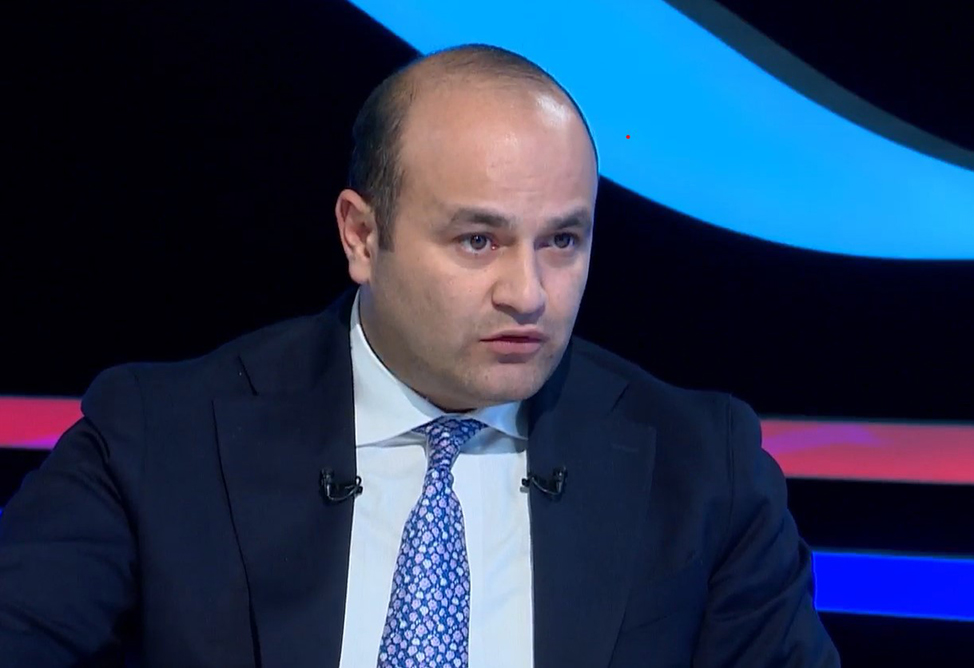New system for assessing insecurity being developed in Armenia

YEREVAN, December 25. /ARKA/. A new system for assessing insecurity is being developed in Armenia, which is one of the key institutional reforms of the Ministry of Labor and Social Affairs, said the head of the department, Narek Mkrtchyan.
"The system that has been in place for over 20 years constantly makes people dependent on the state in terms of social support and does not encourage work. The goal set in the government program to eliminate extreme poverty by 2026 includes the introduction of a new system for assessing insecurity, which will encourage people to work," he said on Armenia's Public Television.
Mkrtchyan explained that the current system has a targeting problem, meaning that there are people in the system who should not be, and vice versa.
The conceptual change, according to the minister, is that the income of individuals and their families will now be analyzed.
"Through the new digitalization system, we will be able to collect data from various departments to assess the income, assets, and capabilities of a family. When a person applies for insecurity benefits, we will first treat it as a job application," he explained, adding that the state will support employment programs and leverage the growing number of available jobs.
According to the State Revenue Committee, based on income tax payments and social benefits for November, the number of income-generating jobs in Armenia stands at 782,832, an increase of 44,946 jobs or 6.1% compared to November of last year.
As the minister noted, one of the important features of the new system is that a person will have the opportunity to work with the state and exit insecurity, at least in the early stages, without losing the amount of their assistance.
"If we see that a person is offered a job once or twice and refuses to work, while continuing to expect assistance from the state, we will apply an attribution system," he said.
Mkrtchyan further explained that if there is a working-age person in the family who refuses to work, and there are no individuals requiring care, such as disabled or elderly people over 70, it will be assumed that the person has an income equal to the minimum food basket, and they will be removed from the benefit system if necessary.
The Minister also reported that since 2018, the number of families receiving benefits has decreased from 90,000 to 60,000, partly due to better administration and the country's overall economic activity.
In response to a question about whether a working-age person who is unable to survive without benefits due to specific circumstances will remain in the system, the head of the Ministry of Labor noted that such cases will be analyzed, and decisions will be made about the need for continued assistance.
He also mentioned that a new Employment Strategy, which will outline specific goals, will be approved at the next government meeting.
"I’ll present a concerning figure: there are about 130,000 young people aged 18-29 who are neither working nor studying. We must focus on retraining or reskilling programs to quickly integrate them into the labor market," Mkrtchyan said.
According to the National Statistical Committee, the poverty rate in Armenia, calculated at the average threshold, was 23.7% at the end of 2023, a decrease of 1.1 percentage points compared to the previous year. The extreme poverty rate for the past year was 1.1%, down 0.1 percentage points from 2022.



